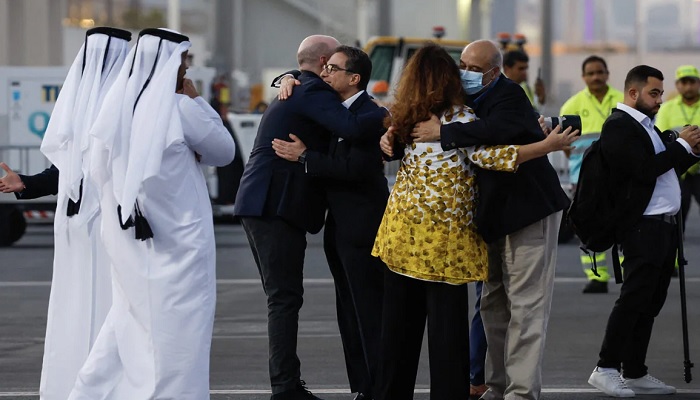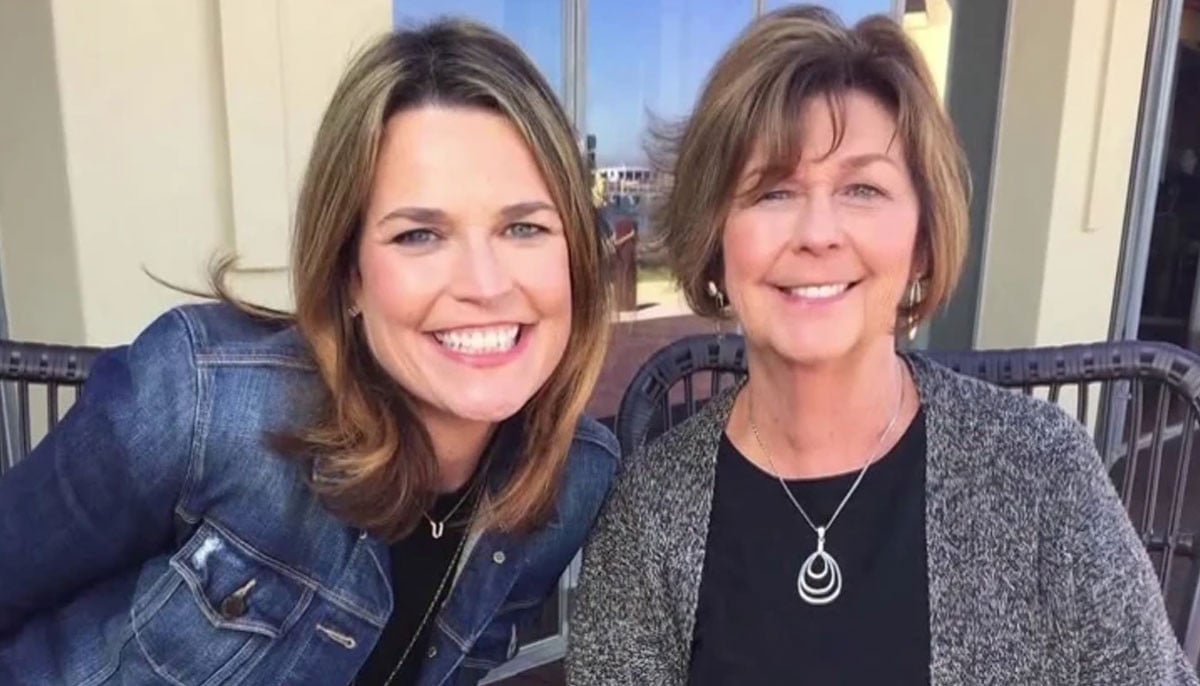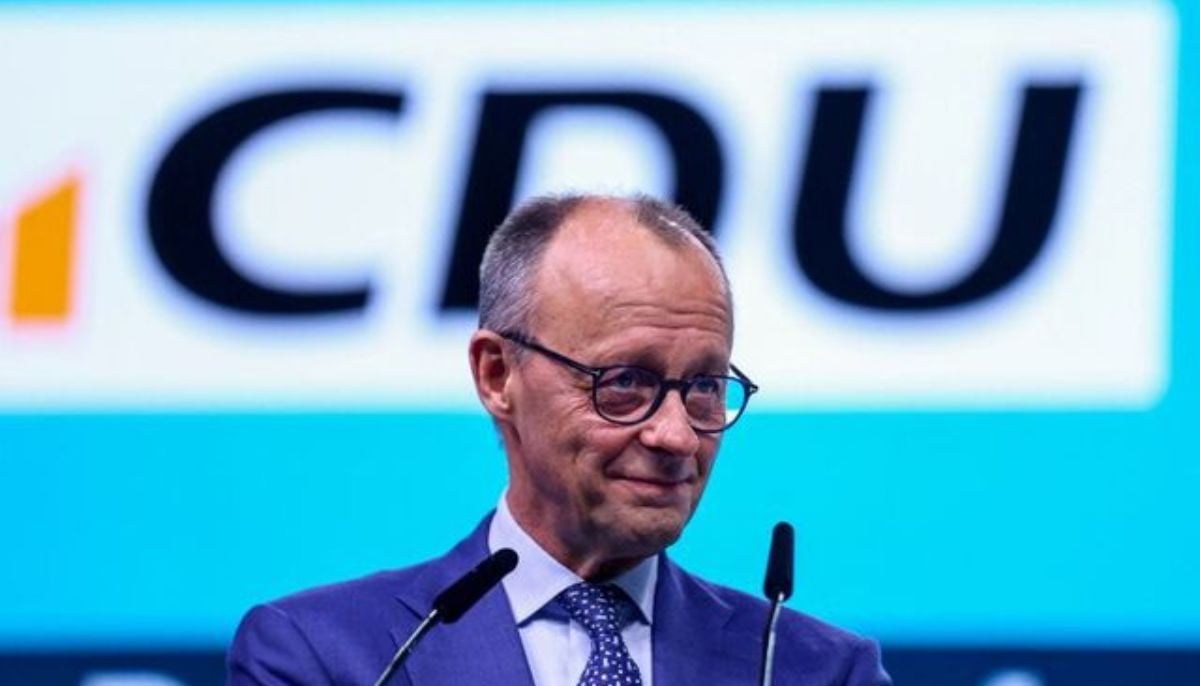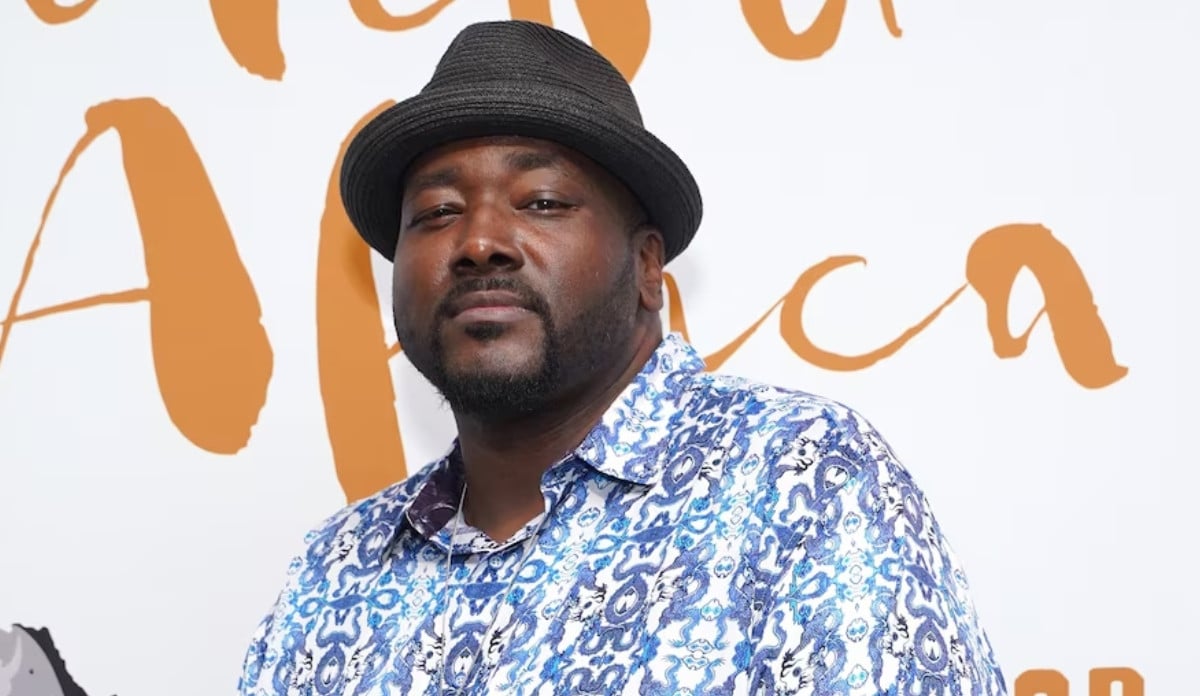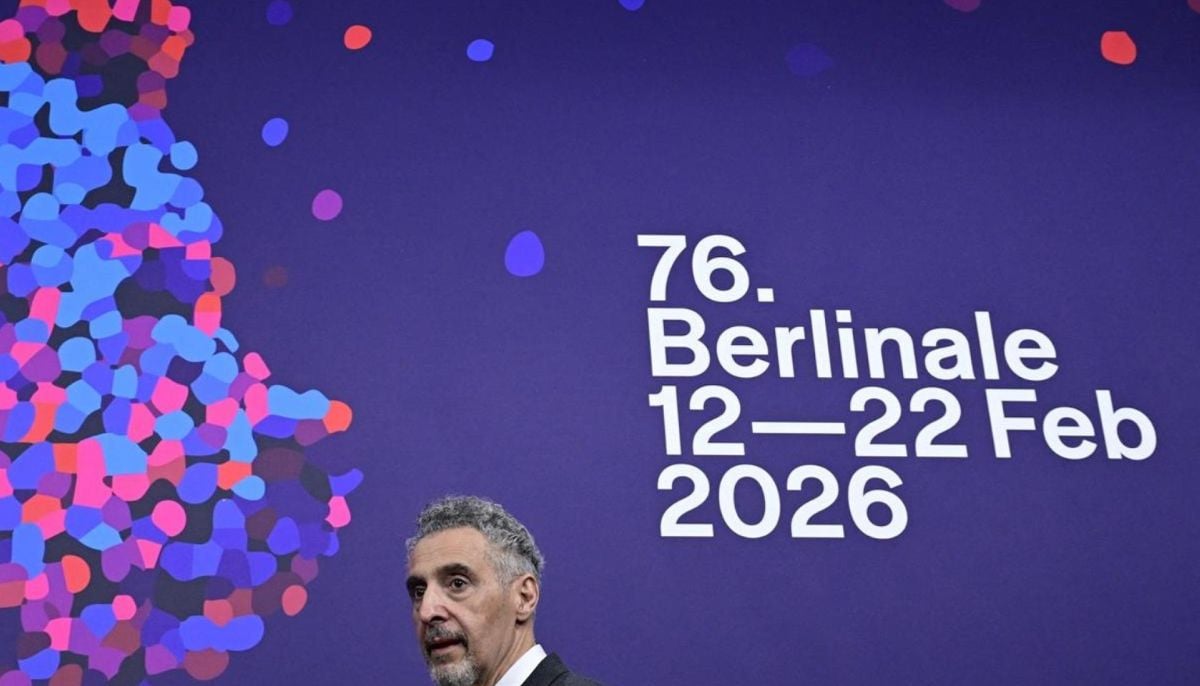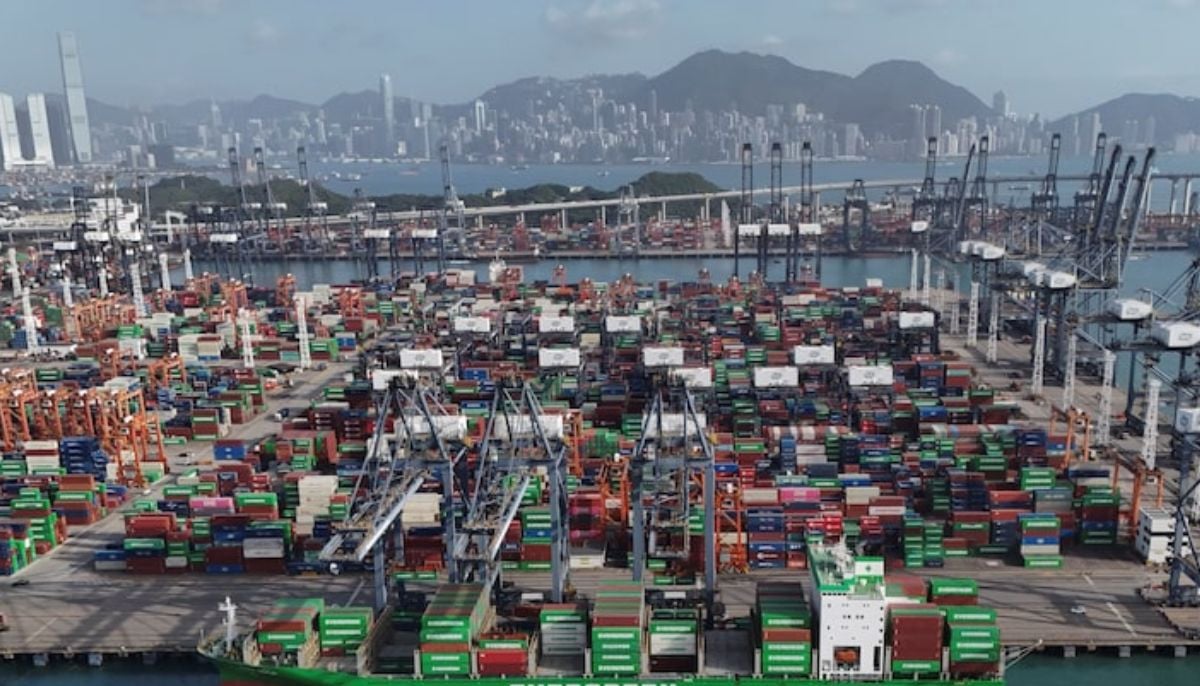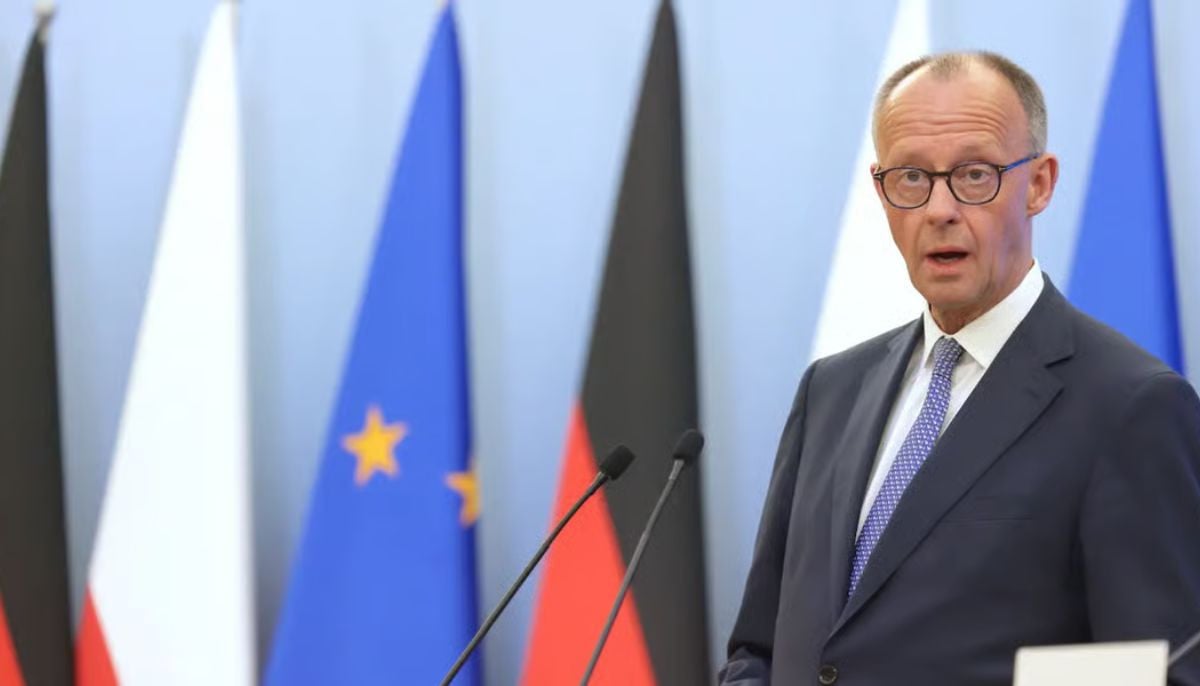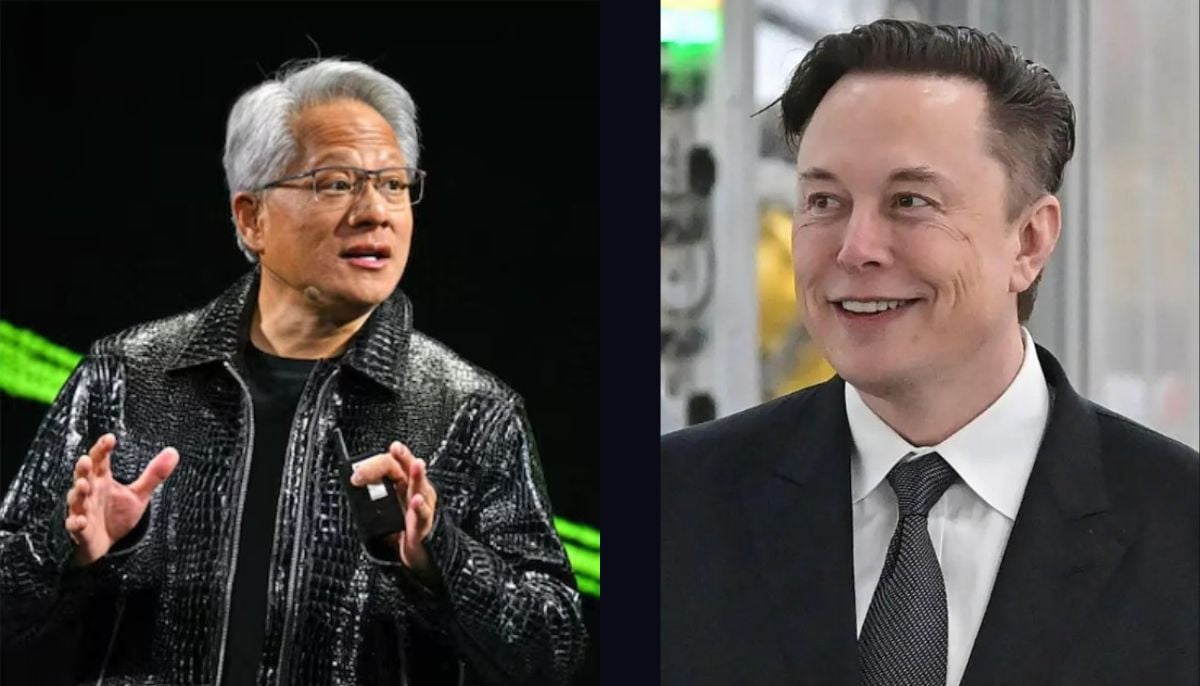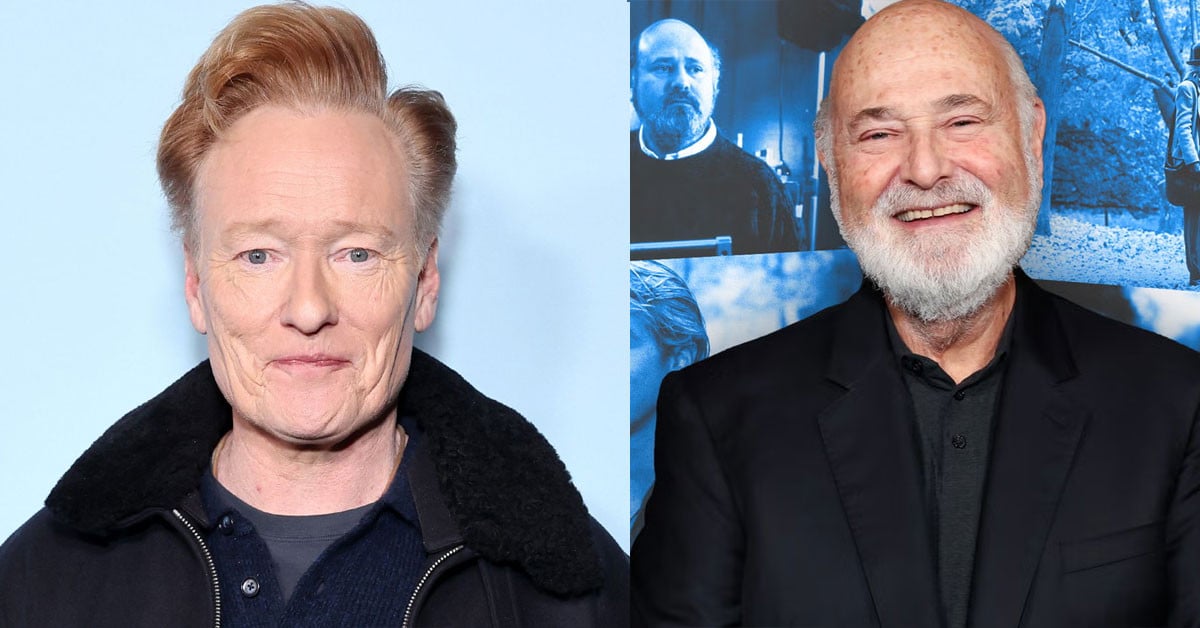US-Iran prisoner swap: Who are the 10 detainees freed by both sides after Qatar-mediated deal?
Here is a look at the 10 political prisoners and the process that led to their release after US-Iran deal
The United States and Iran, longstanding adversaries with a history of hostilities spanning decades, simultaneously freed five detainees each as part of a prisoner exchange arrangement Monday.
This accord comes after extensive months-long negotiations, facilitated by Oman and Qatar, as formal diplomatic relations between Washington and Tehran do not exist.
Below, we delve into the details of the ten detainees involved and the intricate process that ultimately led to their release.
US citizens
Tehran held in custody at least five Iranian-born US citizens.
Iran does not recognise dual nationality and has considered them as only Iranian nationals.
One of them, businessman Siamak Namazi, was arrested in 2015 and later sentenced to 10 years for espionage.
The four others include venture capitalist Emad Sharqi, sentenced to 10 years on spying charges, and Morad Tahbaz, who also holds British nationality and was jailed for 10 years for "conspiring with America".
The two remaining former prisoners preferred to remain anonymous.
By August 10, all had been transferred to house arrest at undisclosed locations as an initial step ahead of their release.
They flew from Tehran to the Qatari capital Doha on Monday, joined by two more relatives who are also US citizens.
Iranian citizens
Tehran´s judiciary reported in August 2022 that "dozens" of Iranian nationals had been detained in the United States.
Last week, Iranian officials said five of them would be released under the deal with Washington.
They include Reza Sarhangpour and Kambiz Attar Kashani, both accused of having violated US sanctions against Tehran.
A third prisoner, Kaveh Lotfolah Afrasiabi, was detained at his home near Boston in 2021 and charged with being an Iranian government agent, according to the US Justice Department.
Two others included in the deal were said to have links to Iranian security forces.
Mehrdad Moein Ansari, who was extradited from Georgia in 2020, was charged with planning to obtain military parts for Iran, according to the Justice Department.
Amin Hasanzadeh, a dual national, was charged in 2020 with stealing technical data from his employer in the US defence industry and sending it to his brother in Iran, who US media said has ties to the military.
Iranian media said Monday that Ansari and Sarhangpour had arrived in Qatar, ahead of their eventual return to Iran.
Two of the others will remain in the United States at their request, and the other will go to a third country, Iran´s foreign ministry said.
Previous swaps
Washington and Tehran have struck similar deals in the past.
In June 2020, Iranian scientist Cyrus Asgari returned to Iran after nearly three years in US detention charged with stealing trade secrets.
Days later another scientist, Majid Taheri, was freed in exchange for Tehran´s release of US Navy veteran Michael White who had been detained since July 2018 on charges of insulting Iran´s supreme leader Ayatollah Ali Khamenei.
Taheri, an Iranian-American who had been working at a clinic in Tampa, Florida, was held by US authorities for 16 months over accusations of sanctions violations.
The swaps took place despite heightened tensions after the US president at the time, Donald Trump, in 2018 withdrew from a landmark nuclear deal and reimposed sanctions on Iran.
In 2019, Tehran released US academic Xiyue Wang who had been jailed in 2016 for espionage, in exchange for Iranian scientist Massoud Soleimani.
Iranian authorities had in early 2016 freed four US citizens in exchange for seven Iranians held in the United States.
The Americans included Washington Post journalist Jason Rezaian and US Marine veteran Amir Hekmati, both accused of espionage, as well as the Christian pastor Saeed Abedini.
Mediation efforts
The United States and Iran severed diplomatic ties in 1980, after the Islamic Revolution toppled the Western-backed Shah Mohammad Reza Pahlavi, and after Iranian students took hostage US embassy staff, who were held for 444 days.
Talks on prisoner exchanges since then have often involved mediation by Switzerland, which represents US interests in Tehran.
Oman, whose mediation helped secure the latest deal, has facilitated since May the release of six European detainees in Iran.
They include Belgian aid worker Olivier Vandecasteele, who had been convicted of espionage and spent more than a year in custody.
In exchange, Tehran got back its diplomat Assadollah Assadi who was convicted in a bomb plot and imprisoned in Belgium.
-
Germany’s ruling coalition backs social media ban for children under 14
-
Quinton Aaron reveals why he does not want to speak to wife Margarita ever again
-
Why Mikaela Shiffrin celebrated Olympic Gold with Taylor Swift song?
-
Political tensions steal spotlight at Berlin Film Festival closing ceremony
-
Hong Kong touts stability,unique trade advantages as Trump’s global tariff sparks market volatility
-
Friedrich Merz heads to China for high stakes talks in an effort to reset strained trade relations
-
Nvidia CEO praises Elon Musk, calls him an ‘extraordinary engineer'
-
Conan O'Brien speaks first time after Rob Reiner's killing
